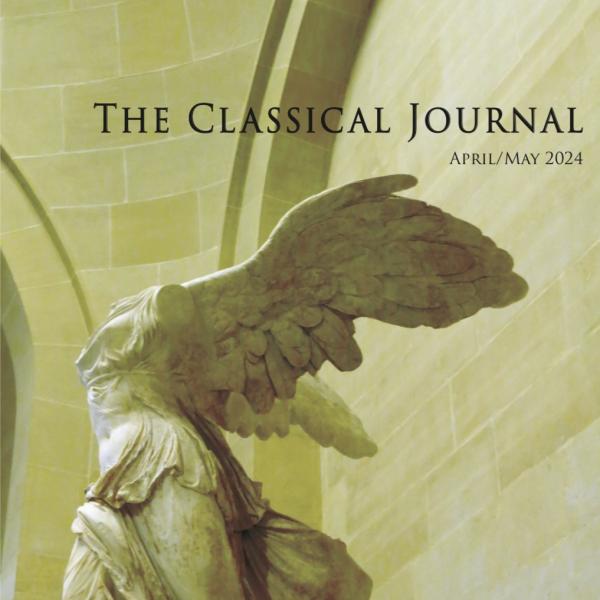Classics PhD candidate Constantine Karathanasis will deliver the paper “Enter homo oeconomicus: Aristophanes on incentives and civic behavior” in July, at the international virtual conference titled “Modern Economics and the Ancient World: Were the Ancients Rational Actors?”
Constantine’s contribution is derived from his ongoing PhD thesis on economics in Aristophanes. His paper’s abstract reads:
“The rationality of the neo-classical homo oeconomicus provided an actor of conveniently calculable predictability; thus, by crossing disciplinary borders, this model of human behavior was deemed applicable to areas not traditionally considered in Economics. One of those areas was public action, in which incentives were gradually adopted as a sine qua non for the design of public policy. Since the mid-20th century, however, the assumed rationality underlying the economists’ model sustained heavy epistemological attacks. Additionally, from the 1970’s onwards, psychologists analyzed and measured empirically how external motivation, like a monetary incentive, reduces or “crowds out” individuals’ intrinsic motivation to act (Deci and Ryan 1985). More recently, behavioral economists documented how the use of market norms in non-economic spheres of activity can crowd out people’s social preferences across cultures (Bowles 2016), while political scientists criticized the noxious effects of incentives on civic motivation and behavior within a democratic regime (Ostrom 2000; Sandel 2012). As a result, given that the Athenian state employed payments for incentivizing the political participation of its citizens, an inquiry into the similarity of the way incentives affected pre- and post-modern agents in terms of civic behavior becomes intrinsically compelling.
In Classical studies, the last two decades have witnessed the refutation of the vision of Greek antiquity as a non-market and “irrational” world as well as the moderation of formalist approaches (Lewis 2018). In view of that, my aim is to show that Aristophanic comedy is an invaluable resource on the behavioral makeup of Athenian citizens. By focusing on the Knights, I would like to demonstrate how Aristophanes’ preoccupation with Athenian public finance in fact aimed at problematizing his audience with respect to the noxious effects of incentives in the civic sphere of activity. According to social scientists, incentives appeal to our utility-maximizing homo oeconomicus, and an excessive appeal to that aspect of our behavior “crowds out” other motivational factors, like altruism. In the same vein, Aristophanes sought to problematize the incentive-fueled onset of a myopic individualism. Consequently, it appears that Aristophanic comedy provides a historical case for the similarity of the ways market norms affect civic behavior across space and time.”
More information on the conference can be found here.




